
Ecovative and the Growing Mushroom Materials Boom
Ecovative and the Growing Mushroom Materials Boom
Synthetic biology often gives a very rarefied impression, dealing with the development of bio-factories, pharmaceuticals, bio-gas; the sort of things which the typical consumer will rarely deal with. But synthetic biology is also involved in manufacturing physical products which we deal with every day – and one of the companies making this happen is Ecovative.Ecovative uses natural fungus as a type of ‘biological glue’, holding agricultural waste together in order to form renewable packaging or fibreboard products.
How does this work?
Fungi produce what is known as mycelium, the white threadlike filaments which extend into decaying wood or that forgotten apple in the schoolbag. This mycelium, “fungus roots”, if you prefer, can grow to be quite long; with a reasonable level of structural strength coupled to the ability to stick to the plant matter they are growing into. This means that otherwise useless agricultural waste can be ground up, incubated with fungi, and the mycelium will act to hold everything together. Add a mould to create the shape you want and some heat to dry everything out (and kill the remaining fungus) and you’ve got packaging or wood – quickly, easily, and renewably.Based in New York State, Ecovative was founded by Eben Bayer and Gavin McIntyre in 2007. Their original idea, thought up together during an inventor/entrepreneurship class the year before at Rensselaer Polytechnic Institute, was to produce insulation using agricultural waste and mycelium. Early on they decided to pivot their focus, planning their first product to be mycelium-bound packaging material, the so-called Mushroom Packaging.

Eben Bayer and Gavin McIntyre, Ecovative co-founders (Ecovative)Early development was helped by a USD 750,000 grant in 2008, which put them well on the way to getting their first production facility up and running. Further grants and equity investments supported them for the next few years, with the company’s most recent equity investment (of 14 million USD in 2013) including support from 3M, the DOEN Foundation, and others. This money has gone towards opening new manufacturing facilities, the development of Myco Board, an engineered fibre-board replacement, as well as further R&D.
Mushrooming product lines
Ecovative’s flagship product is their Mushroom Packaging, which has been used by companies such as Dell, Stanhope Seta, and Merck Forest and Farmland Centre. The ease of production, ability to mould shapes, and ability to use agricultural wastes lends itself to use by environmentally conscious companies – a rapidly growing list. The product is also being converted into the more general-purpose Myco Foam, which Ecovative aims to use as a source for insulation and flotation devices.Released onto the market in 2014, Myco Board is Ecovative’s second offering. With a higher density and strength than the packaging material, Myco Board acts as an environmentally-friendly replacement for fibreboard/plywood. Like Mushroom Packaging, it can be moulded into the desired shape with relative ease. This flexibility is why it has been picked up as a seat back material for Gunlocke’s Savor line of office chairs and as the material for the Mushroom Board Fish bodysurfer handplanes from Enjoy Handplanes.The last product currently on the market is the Myco Make Grow-it-yourself kit. Essentially a bag full of dried corn stalks and mycelium, the addition of water and flour begins the process of hyphae production and infiltration. This means that small-scale developers can effectively grow their own shaped products, be it furniture, lighting, or even a wedding dress. Myco Make acts as a clever way to get producers interested in and used to the idea of mycelium products – which can then be scaled up into larger agreements for bulk production with Ecovative.
Future potentials
Ecovative currently has two major facilities: a 20,000 square foot Mushroom Packaging manufacturing plant in Troy, NY (1850m², for those of us outside the US), and the slightly older 32,000 square foot (2970m²) Eco-HQ on Green Island, NY. While they as yet do not provide public tours of the facility, they welcome contact from customers, business leaders, students, designers, and environmental enthusiasts – so feel free to drop them a line.Naturally, as with all companies, Ecovative has plans to grow and expand – and their current product line-up will likely be expanded within the next few years. Development is currently proceeding on flexible mycelium biopolymers for use as cushion fillers, shoe soles, etc.; as well as a planned fungal-produced florist’s foam equivalent. Beyond that the company has a number of patents, including an intriguing one covering the use of mycelium to grow simple electrical circuits. Time will tell what the company will develop next.Eben Bayer from Ecovative (a SynBioBeta SF 2015 sponsor) will be speaking at our upcomingconference, and the company will offer a workshop demonstrating Ecovative’s Grow It Yourself Mushroom Materials, so be sure to come along if you’d like to hear more.



.svg)





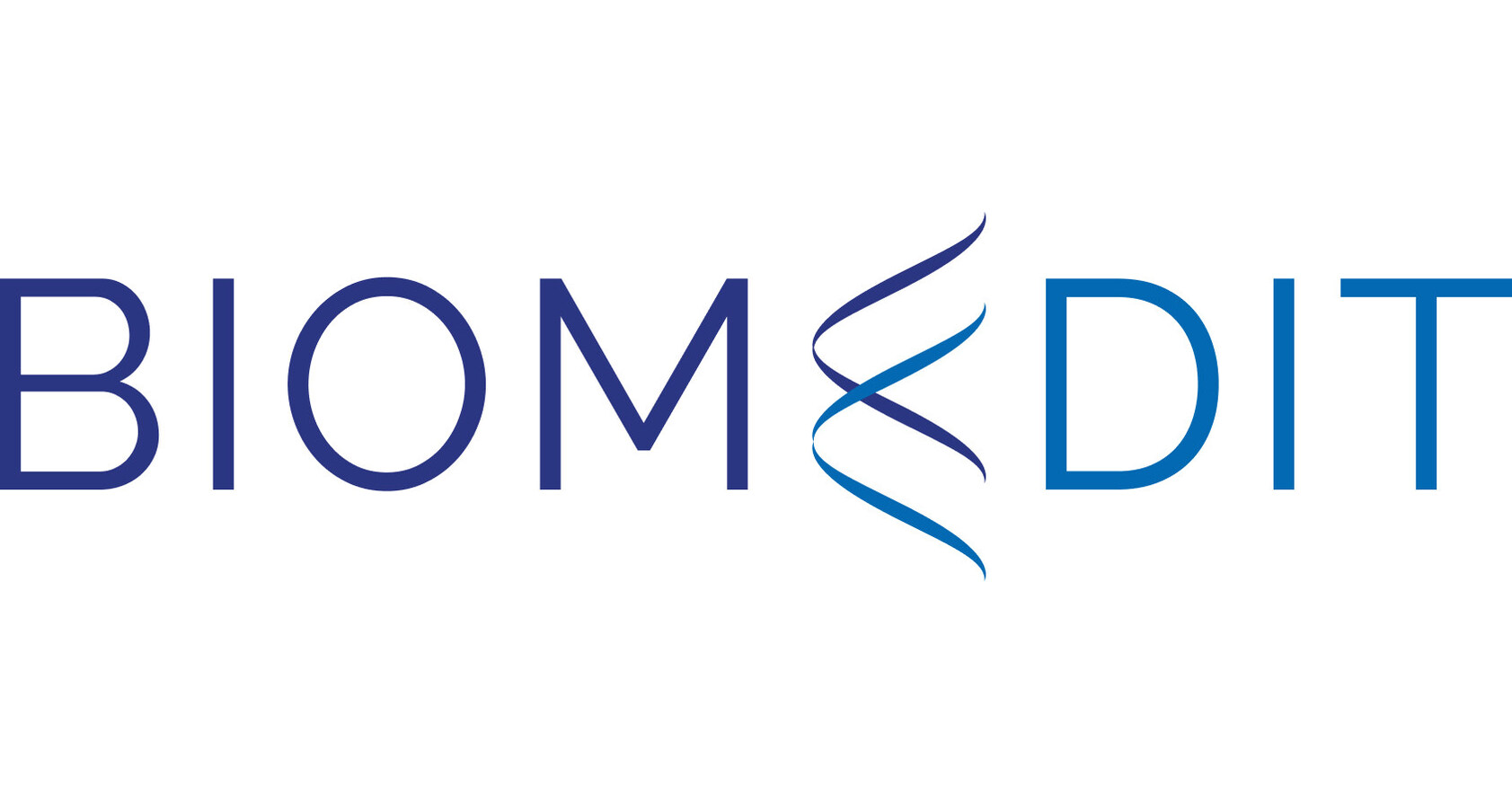
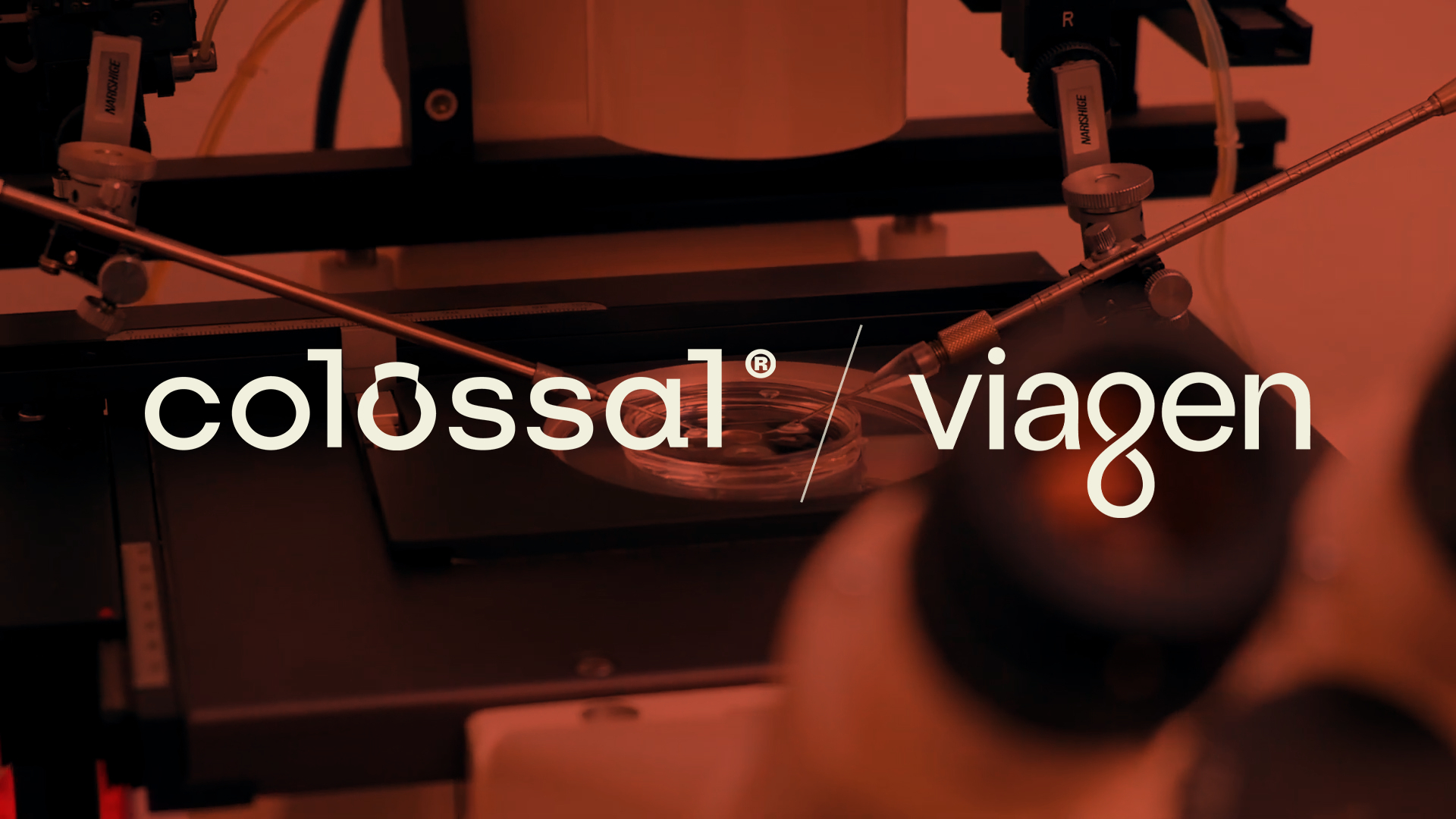
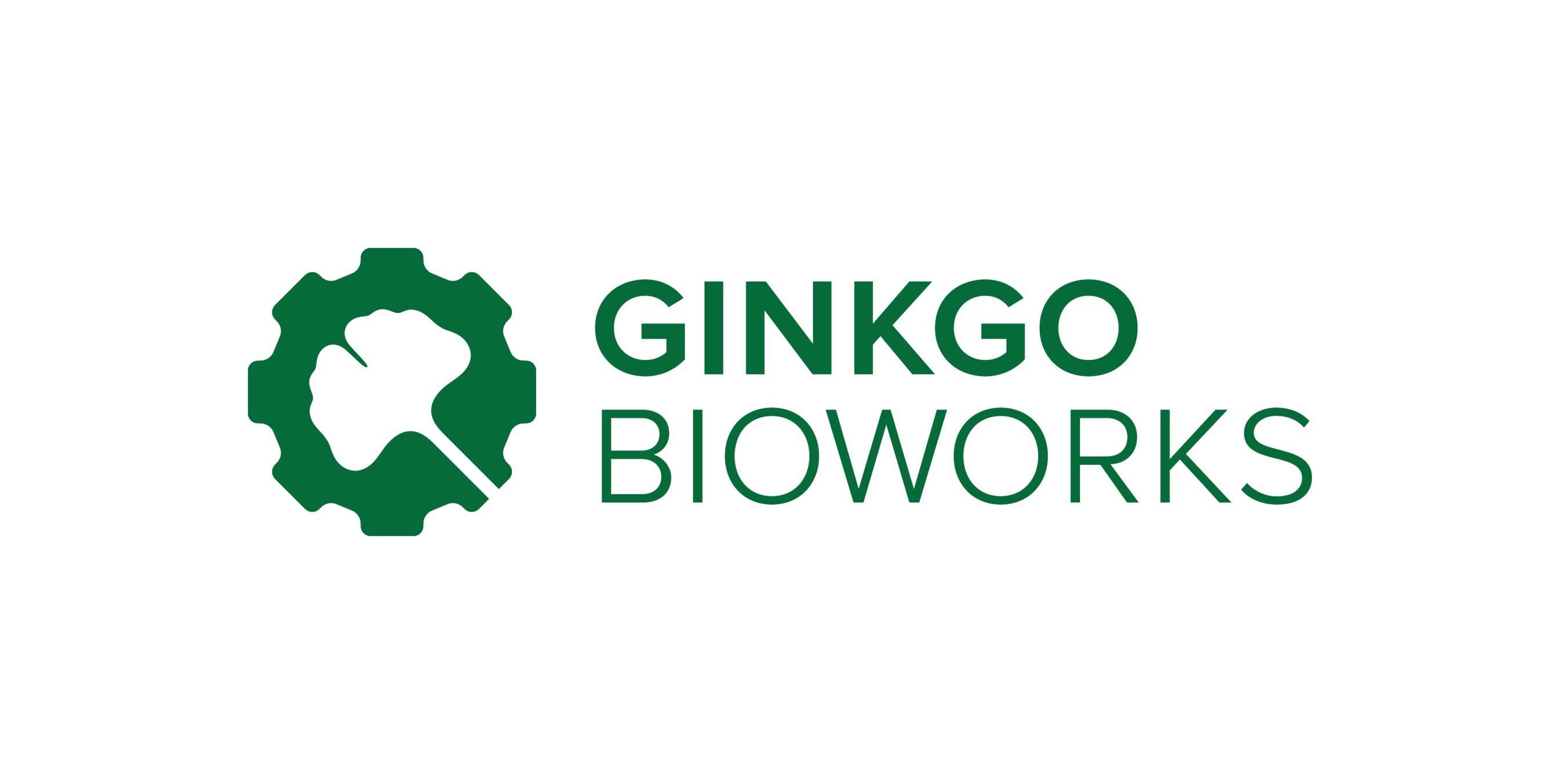
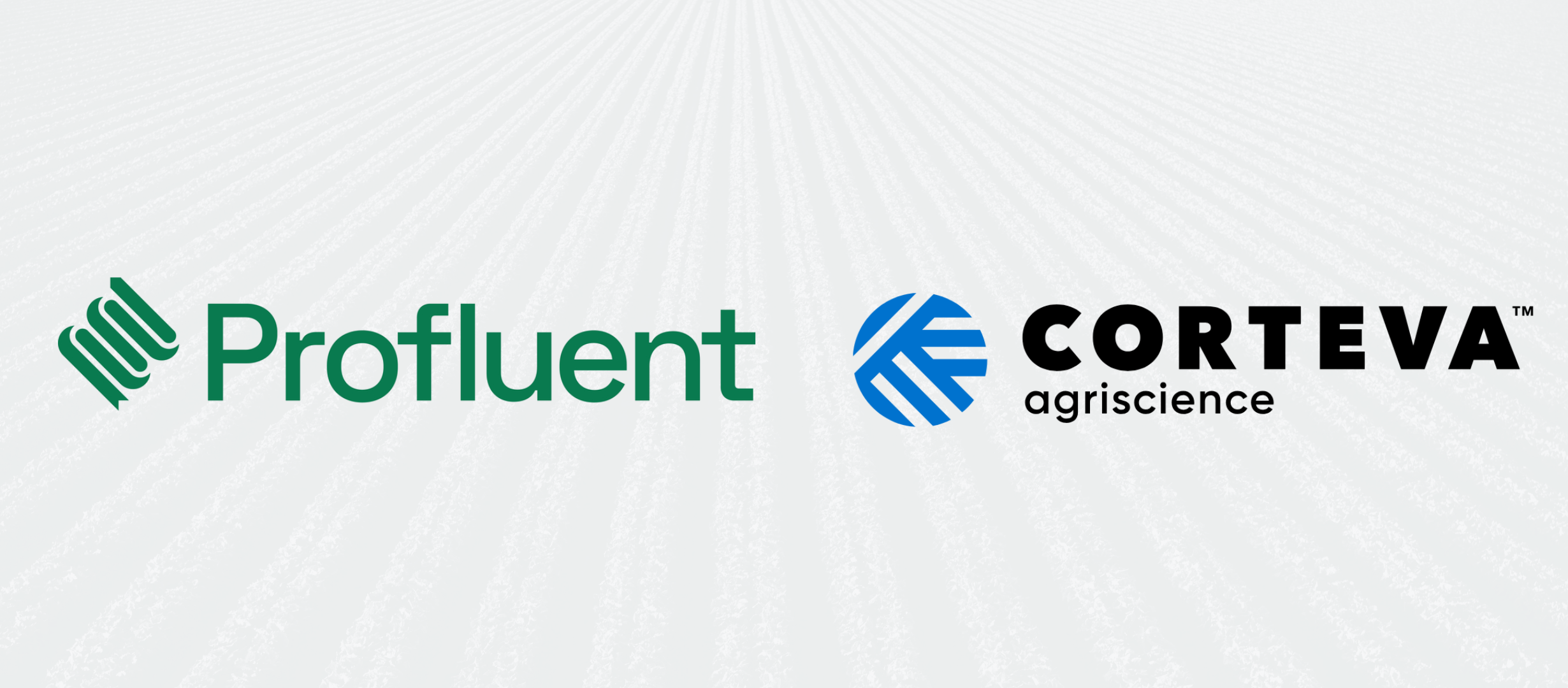
.jpg)
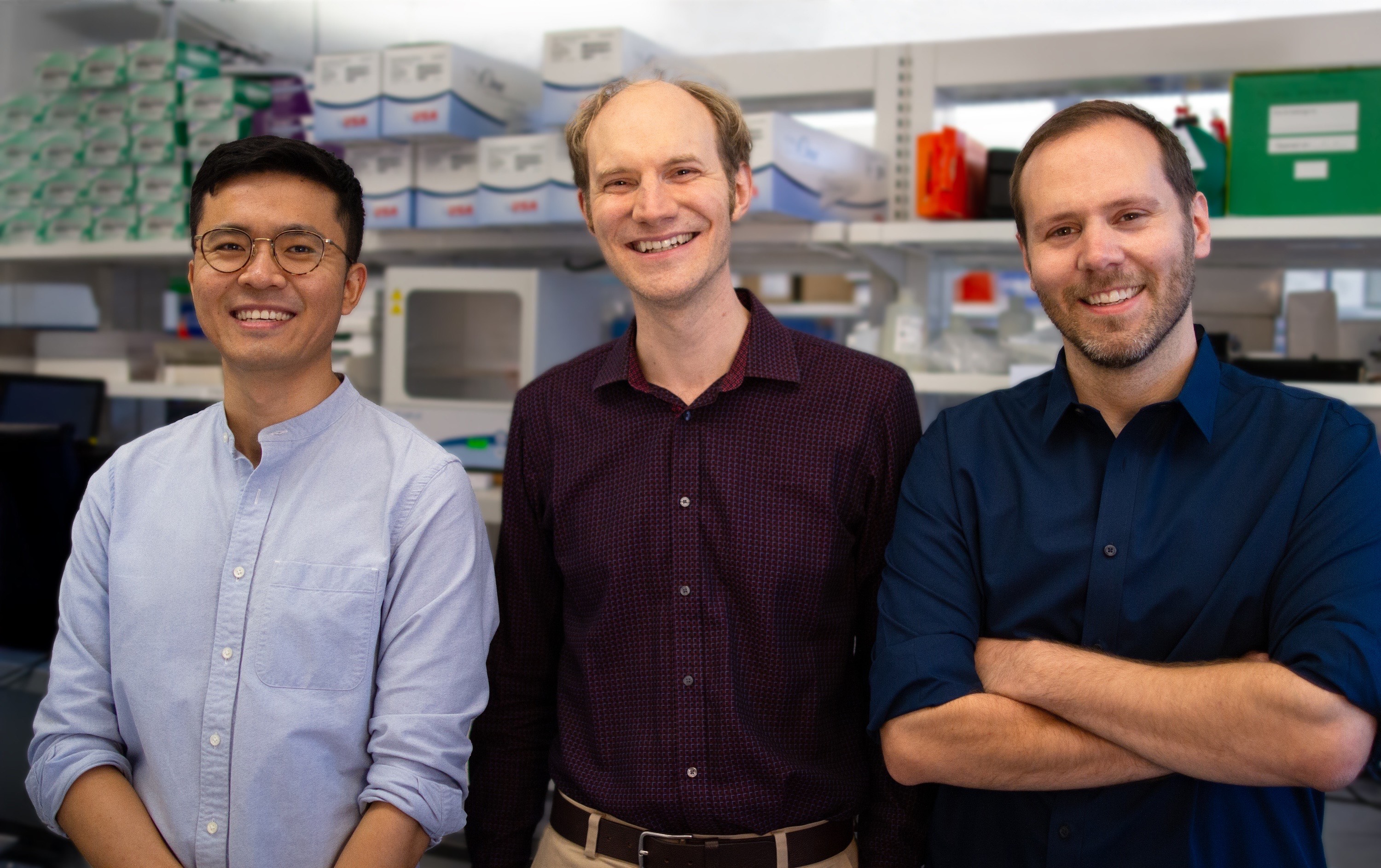
.gif)